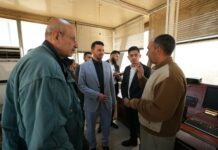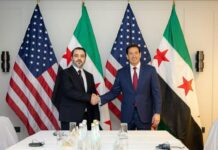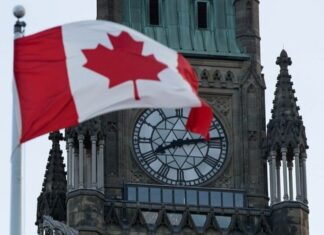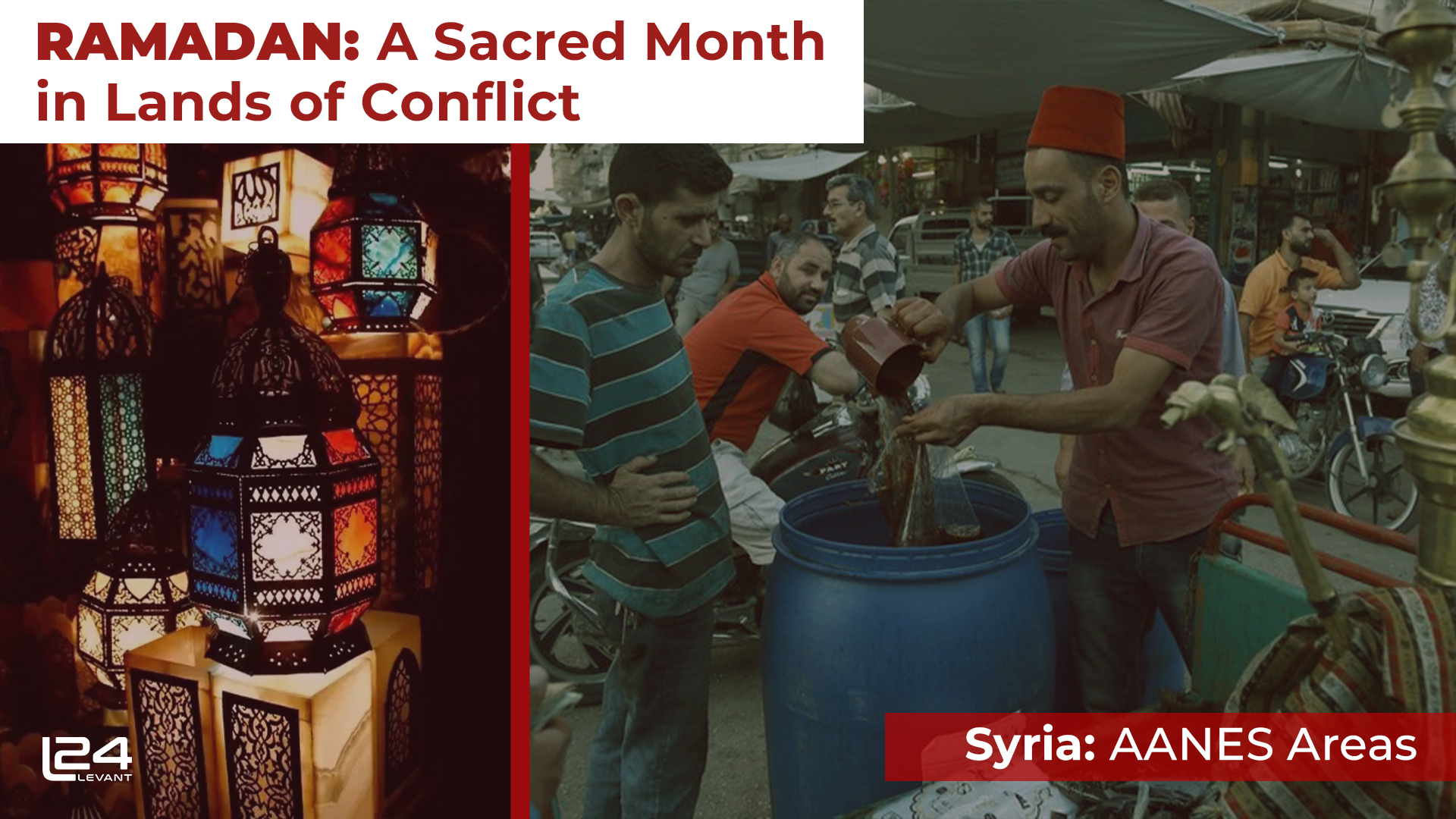
In 2013 the Autonomous Administration of North and East Syria (AANES), also known as Rojava was established as a de facto autonomous region that comprises self-governing sub-regions. Today they include, Jazira, Euphrates, Raqqa, Tabqa, Manbij, and parts of Deir Ez-Zor. The AANES is home to the PKK-affiliated PYD and YPG, a nationalist Kurdish terrorist group that forms the leadership and military backbone of the US-backed Syrian Democratic Forces (SDF).
The AANES, which serves as the political umbrella for the SDF, has been embroiled in hostilities with Turkish forces, who see the region as an extension of funding sources for the PKK and their military operations, including a suicide bombing that occurred place in Turkey in October of 2023. In the wake of the attacks, Turkey has launched a series of attacks on vital infrastructure in both AANES-controlled regions of Syria and PKK strongholds in Iraq. This escalation has deepened the already dire humanitarian crisis unfolding in northeastern Syria.
Joyful Vibrant Days
Before the revolution, Ramadan in northeastern Syria was a time of vibrant communal gatherings, cherished familial bonds, and religious observance and reflection. Salam Hassan, a former teacher turned journalist in the city of Qamishli, reminisces about the city’s diverse communities coexisting harmoniously, where Muslims and Christians shared in the sacred rituals of the holy month. However, the emergence of extremist groups like ISIS shattered the tranquility, plunging the region into chaos and displacement.
Reflecting on the past, Muhammad Issa, displaced to a camp north of Raqqa, mourned the loss of abundance and joy that once defined Ramadan, in an interview with North Press, “We were happier and richer. Thank God we had everything,” he recalls wistfully. But today, amid the ruins of conflict, Muhammad longs for the comforts of the past, where life was brighter, and Ramadan was more joyful.
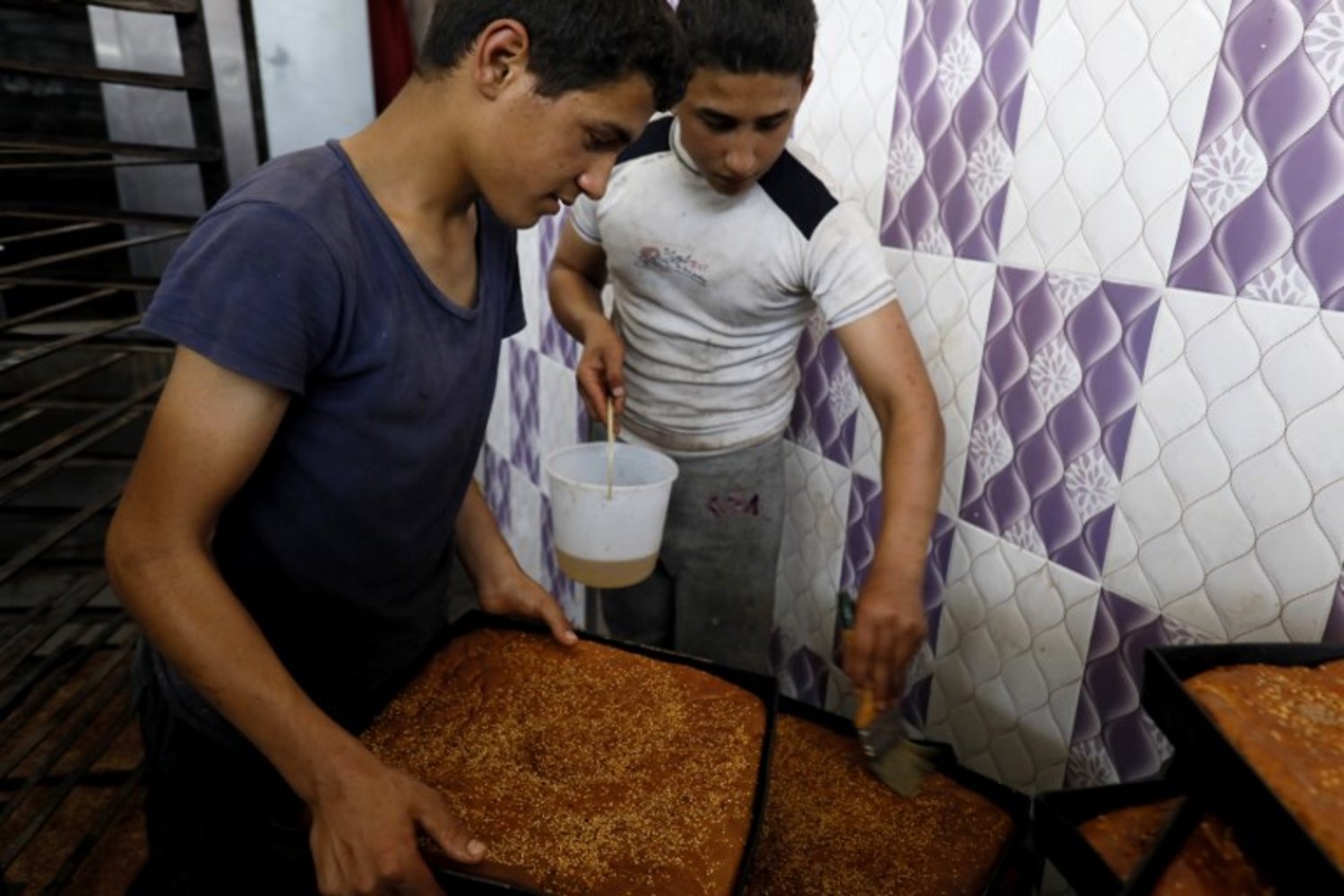
Adapting to Ramadan Amidst Conflict
In the 13 years since the outbreak of war, the landscape of Ramadan in northeastern Syria has undergone profound transformations. Hassan observes a stark economic downturn, with widespread poverty hindering traditional Ramadan practices. “Muslims can no longer practice Ramadan rituals as before due to widespread poverty,” he laments. The once vibrant middle class, known for actively supporting the poor, has dwindled, leaving behind a population struggling to make ends meet.
Food and economic security are among the greatest hardships caused by the conflict with nearly 60% of the population in all Syrian territories grappling with food insecurity, and 90% living below the poverty line. Syria ranked 101 out of 113 countries on the Food Security Index demonstrating the magnitude of the challenges faced by its populace during this season.
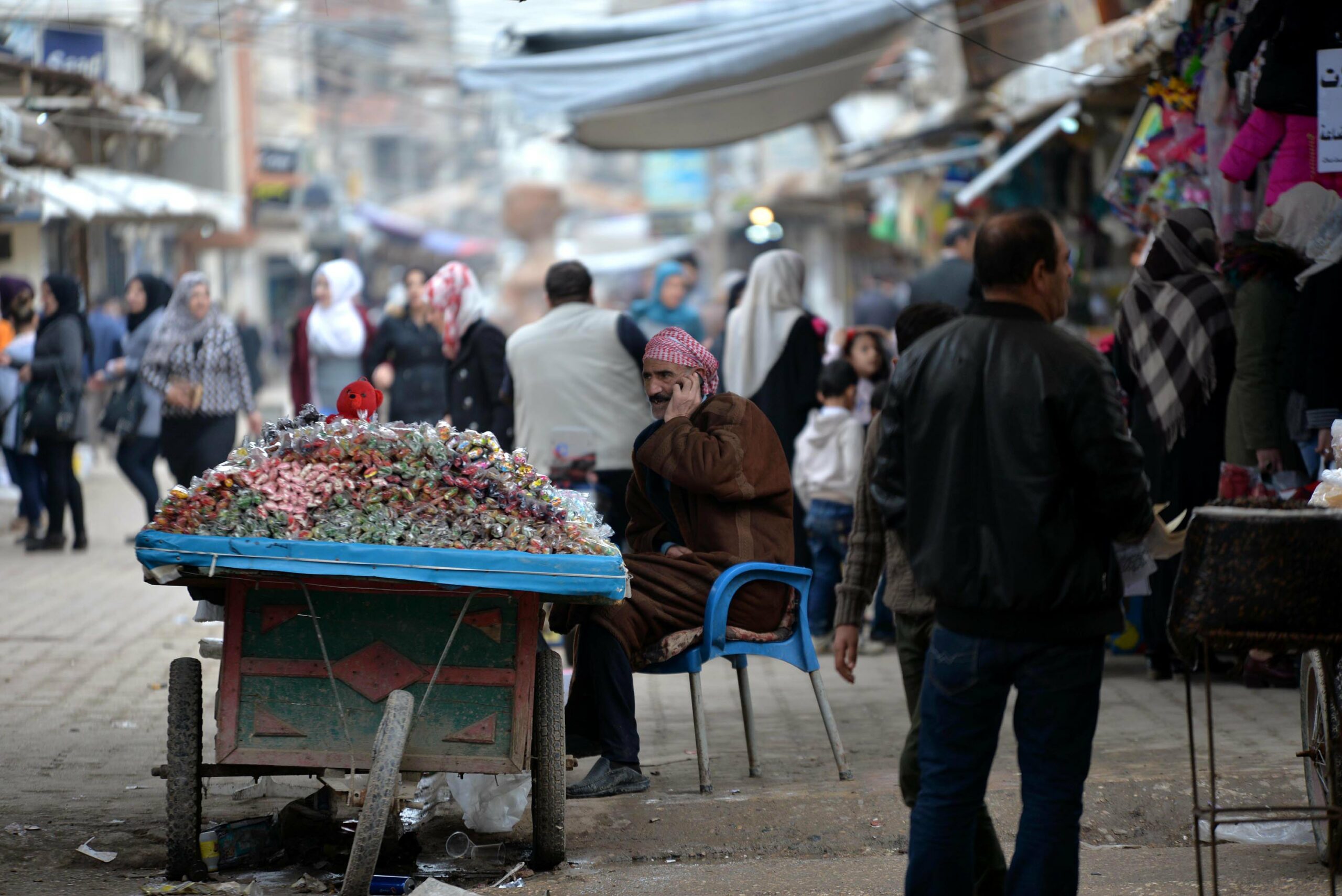
The IDPs of Tel al-Samen camp, near Raqqa, is home to thousands of internally displaced persons (IDPs) and epitomizes the hardships faced during Ramadan. Afra Ali, a resident of the camp, articulates the daily struggle to secure sustenance for her family amidst displacement. “We struggle to provide for our family. All we think about is how to secure the two meals of Ramadan – the suhoor and the iftar,” she shares, highlighting the grim reality faced by so many IDPs.
Sherin Hesso, a mother of six, echoes these sentiments, bemoaning the absence of joy and abundance during Ramadan. “Ramadan is difficult to fast here, especially for those who have many children,” she remarks, underscoring the challenges of navigating the holy month amidst economic instability.
Navigating Economic Hardships
Amidst economic turmoil, the availability and affordability of essential commodities like bread and cooking oil become pressing concerns. These woes are precipitated and aggravated by both the ongoing hostilities between the SDF and Turkish government and the uneven economic policies of the AANES. Chief among these is the recent shift from Syrian Pounds (SYP) to US dollars for taxation and administrative fees and the increase in prices of staples like bread.
The decision by the AANES to raise the price of bread exacerbates the plight of residents already grappling with poverty. Maher Ali, a resident of Ras al-Ain, shares his family’s struggle to afford bread amidst skyrocketing prices, forcing them to seek alternative solutions.

At the beginning of the second week of Ramadan, the price of bread was increased for the second time in a month, causing an increase by local bakeries, from 2,000 SYP to 2,500 at a time when the people were already hard-pressed to afford bread.
Meanwhile, the phenomenon of the “dollarization” of the region further compounds the economic challenges faced by residents, widening the gap between income and expenditure. Thamer al-Kirat, a private sector employee, laments the disparity between his salary in Syrian pounds and the prices of goods pegged to the dollar, making it increasingly difficult to meet daily needs.
These policies have spurred a significant shift towards the use of the US dollar (USD) in everyday transactions. All fees and taxes imposed by the administration, especially those related to goods entering the region are now mandated to be paid in USD. This has prompted traders and service providers, across various sectors, to price their goods and services in dollars as well. While the administration insists on transactions being carried out in USD, it continues to pay its employees in SYP, a currency that has experienced significant instability and devaluation against the dollar.
Addressing Challenges and Seeking Solutions
While the economic situation seems to only worsen as the month marches on, communities in Hasakah have rallied together in the spirit of compassion and solidarity to address these dire economic challenges. With the prices of essential commodities soaring, individuals and groups have embarked on grassroots initiatives to alleviate the suffering of their fellow citizens.
One such example is Shaykhmus, who took it upon himself to assemble and distribute food baskets at his own expense. These baskets, containing staples like sugar, rice, pasta, and tomato paste, along with a bundle of bread, were distributed to those most in need. Shaykhmus noted that the number of food baskets distributed has increased over the years, reflecting the worsening economic conditions faced by the community.
Additionally, residents of Qamishli organized efforts to provide tangible support to struggling families. Some distributed minced meat or a chicken per family at the onset of Ramadan, accompanied by efforts to reduce prices at local chicken shops. These collective initiatives, undertaken at the grassroots level, highlight the resilience and generosity of communities in the face of adversity.
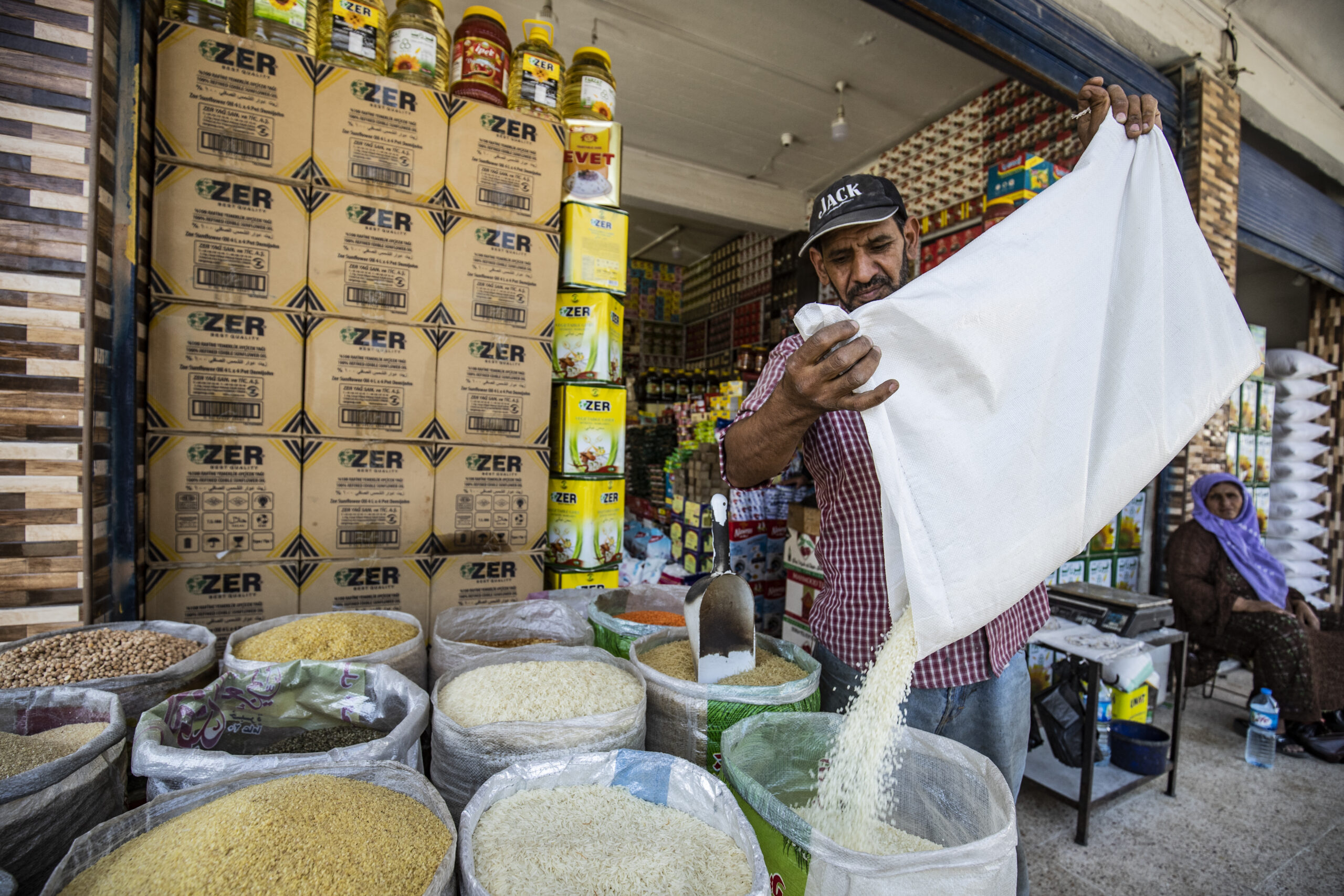
Despite the absence of comprehensive assistance from the AANES administration, these acts of kindness and solidarity serve as beacons of hope, offering much-needed relief to those grappling with the economic turmoil and food crisis during the holy month of Ramadan.
Hassan examined the issues plaguing Syria and the region calling for proactive measures to address the situation, “the situation of Muslims in Syria and many neighboring countries, it’s lamentable,” he noted. He emphasized the urgent need for tolerance, education, and media campaigns to counter extremist ideologies and promote a more inclusive society.
“Ramadan,” he concludes, “is an opportunity to implement community initiatives that define Islam and introduce its fundamental sources like the Quran, calling for the rejection of violence and extremism, and creating community initiatives with an open, transparent Islamic face. It involves working within the streets, especially among people, the poor, and the needy.”

